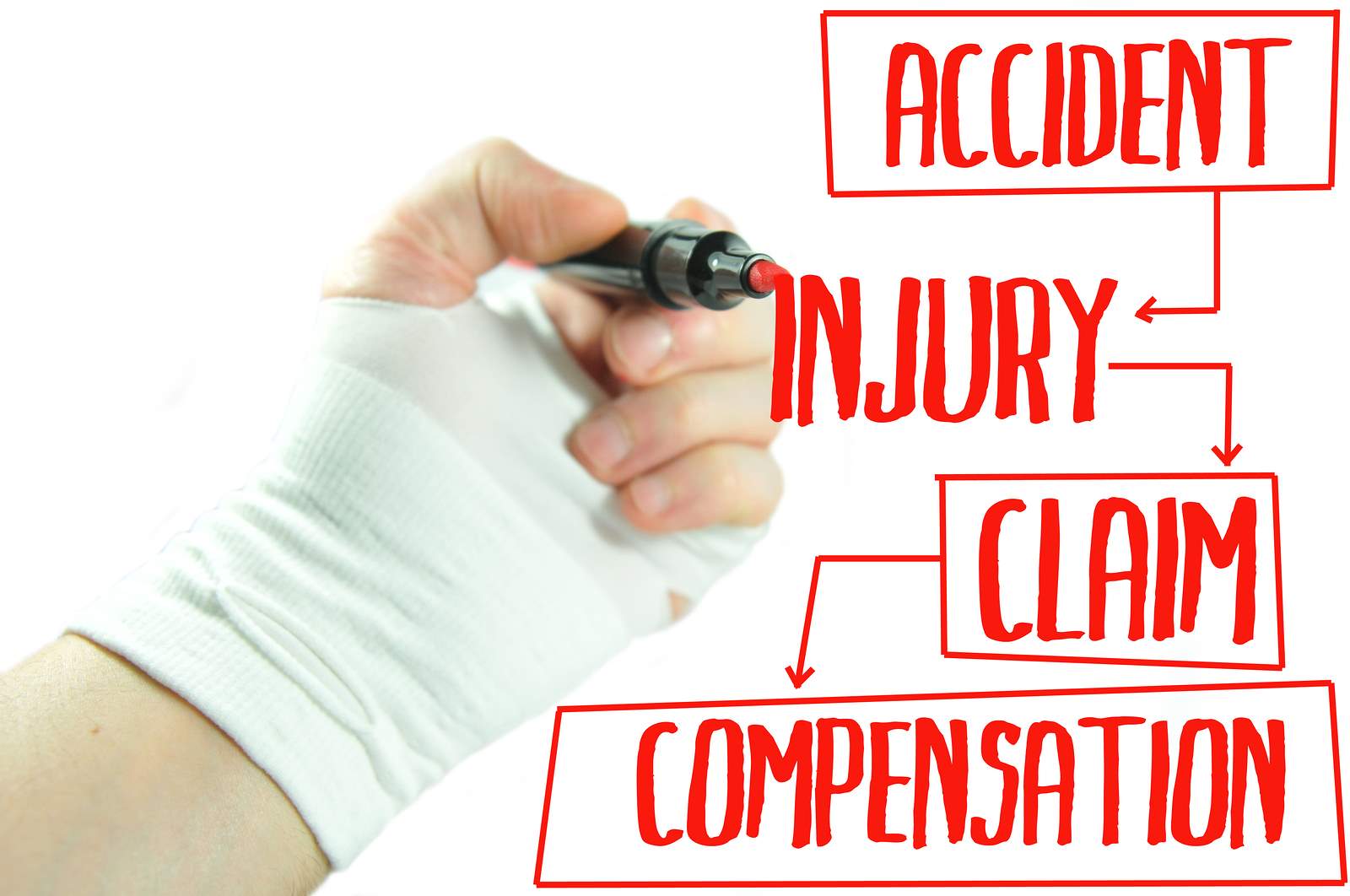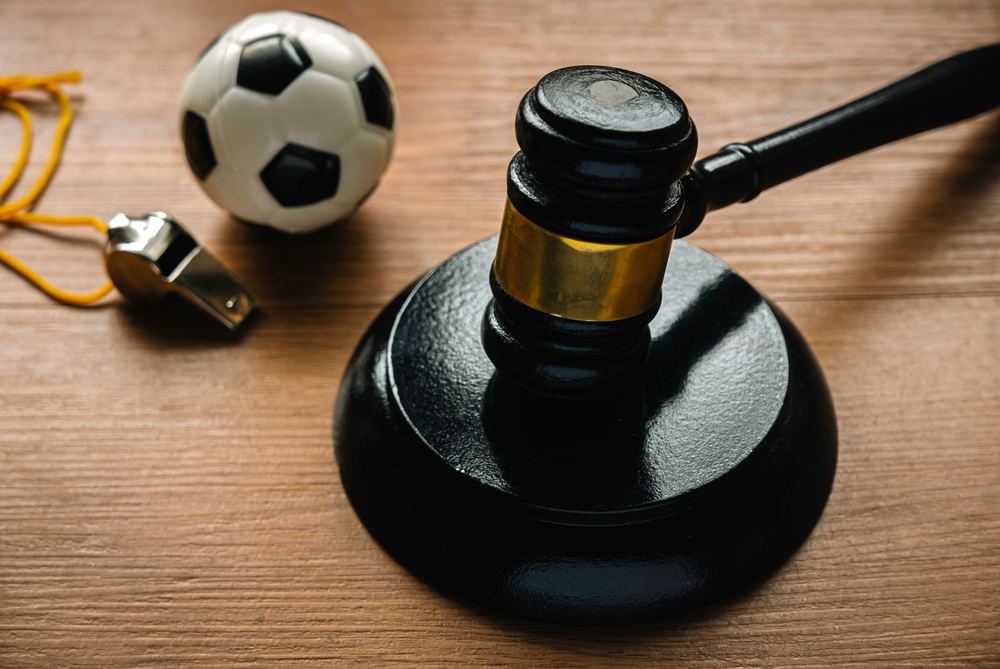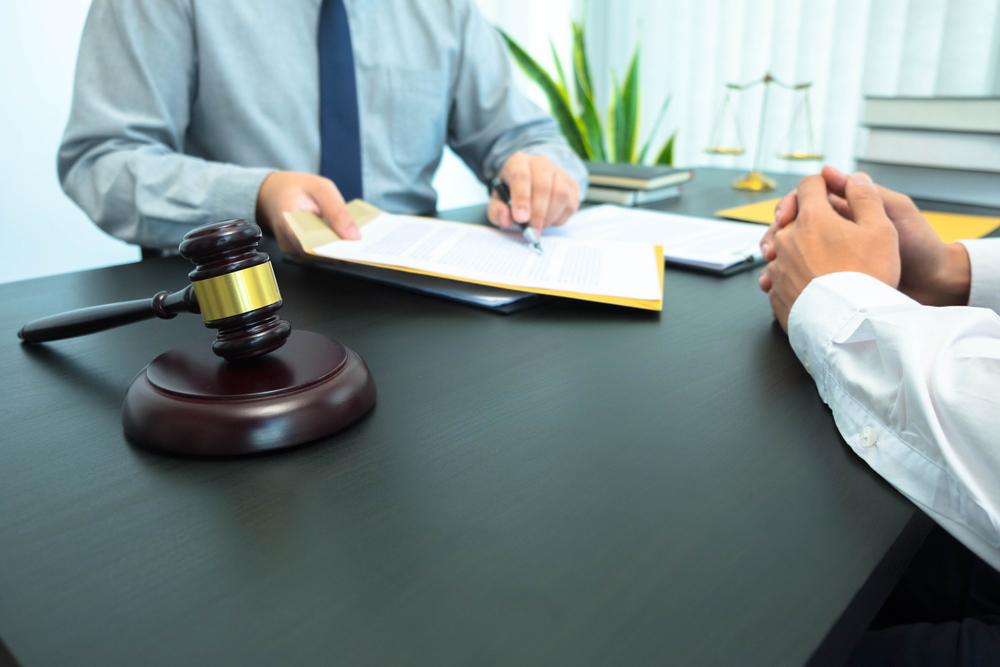Florida civilians can suffer severe injuries from several different types of accidents, including car accidents, pedestrian accidents, and truck accidents. The harm inflicted by these accidents can result in expensive medical care, lost wages for time away from work, and general pain and suffering. In some cases, you could pursue compensation for these damages if the at-fault party behaved negligently when they owed you a duty of care or operated with an intent to harm.
A personal injury claim is when someone is held legally liable through civil law for the personal injury another party suffered and its negative effects on their mental health, way of life, and/or reputation. A personal injury lawyer can help you process this claim, as they can work to prove the at-fault party’s liability, collect evidence to prove your case, and negotiate a settlement with the at-fault party’s insurance company.
What Elements Make Up a Florida Personal Injury Case?
What is a personal injury claim? The fundamental concept behind personal injury claims is that someone else has caused you damage, and you are entitled to compensation for the damages you have lost. Common examples of personal injury claims include auto accidents, dog bites, slip and falls accidents, nursing home abuse, medical malpractice, and motorcycle accidents.
Personal injury claims operate under the theory of negligence, which requires victims to prove negligent behavior led to the accident and the damages they suffered. The following are some of the different elements you need to prove in a personal injury case:
Duty of Care in Personal Injury Cases
In order to prevail on a personal injury claim, you must do more than show that you have suffered an injury or loss. You must show that the other party owed you some kind of duty of care, which is a legal obligation for someone to adhere to a reasonable stand of care while performing potentially harmful acts.
The law can impose a duty on a person in various ways. For example, your local grocery store has a duty to make sure their store is safe for you while you are shopping. Leaving a wet floor without a sign indicating the danger would be a breach of duty of care. The levels of duty that a person or company owes to you are based on their relationship to you. For example, a doctor has a higher level of duty to care for you than, say, a flea market.
How do Florida courts determine if an individual has a duty of care? By answering a simple question: Could the harm that the defendant’s actions caused have been predicted by another reasonable person in the same circumstance?
To use the doctor example above, one must evaluate if a similar, reasonable doctor could have predicted that the defendant doctor’s actions would cause harm. Would a reasonable doctor be able to predict that the defendant leaving a tool inside a patient’s body would cause harm? If the answer is yes in your case, the at-fault party breached a duty of care and could be held liable for the actions in a personal injury claim.
Breach of Duty in Personal Injury Cases
The other person must then fail to meet that duty they owe (i.e. breach their duty of care). In other words, once it has been established that an individual has a duty of care, did they fail to live up to that duty? If so, you are one step closer to proving negligence.
Let’s look at another example. Mateo enters a grocery store to shop. While shopping, he slips and falls on a puddle from a leaking air vent, which the store neglected to fix for a week. Mateo suffers a herniated disc in his back and decides to sue the grocery store to receive compensation for his injuries.
Mateo would first have to prove the grocery store had a duty of care. Since the grocery store invites guests into their building, they have a duty to keep them safe. Next, Mateo would have to prove that the store breached that duty of care. The store knew about the leak and failed to fix it, causing a puddle to form on the floor. This clearly breaches the duty of care because the store failed to keep their shopper safe.
Causation in Personal Injury Cases
You must show that the other party’s failure to meet their duty was the cause of the injury you suffered. [Read more about the elements of causation.] In some cases, you may aggravate an injury, which an insurance company can use to limit your compensation by saying this specific accident didn’t cause the injury. You must prove that whatever damages you seek were caused by this specific breach of duty of care that led to the accident.
For example, in a premises liability context, the law imposes a duty on property owners to keep people they invite onto their property free from a known danger. If this property owner invites you over for dinner but fails to warn you about or repair a broken stair, they have breached their duty to protect you from danger. If you suffer an injury because of their breach, you are entitled to compensation from the property owner for the damages you sustained.
Florida Rules on Personal Injury Claims
Each state has its own laws regulating when and how personal injury claims may be brought. If you plan to file an action for a personal injury in Florida, a few of the basic Florida laws you should be aware of include:
- Statute of Limitations: All personal injury legal actions have a limit on how long you can wait to file your claim. This limit is known as the “statute of limitations,” and if you wait too long, your claim will be barred from court. According to Florida Statute 95.11, the statute of limitations for a personal injury claim is four years. The time limit is shortened to three years if your claim is against any government entity.
- Limits on Damages: In Florida, there are limits on the amounts you can recover for certain kinds of personal injury claims. For example, for most personal injury cases, punitive damages are maxed out at either three times the regular damages or $500,000, whichever is greater.
- Comparative Fault: Florida follows a “pure comparative negligence” doctrine when assessing damages for personal injury claims. According to Florida law, if you recover compensation for your injuries, the amount of your recovery will be reduced by the amount of your fault. For example, you are awarded $100,000 for your medical expenses and other damages based on a car accident you were in. However, the jury also determined that the accident was 60% your fault. This means that the amount you are awarded is reduced by 60%, and you only receive $40,000.
What Steps Should You Take After a Personal Injury Accident?
Following your personal injury accident, there are certain things you should do to help aid you in future litigation over damages. By taking these steps, you can establish the severity of your injury and put you in a better position to receive compensation for damages.
The following are some of the steps you should take following a personal injury accident:
- Get medical attention: Your first priority after a personal injury accident is your health. Even if you feel you didn’t suffer a severe injury, your symptoms may just be delayed. It’s vital to receive medical attention to ensure your potentially severe injury doesn’t get worse.
- Collect evidence: If you are able to, you should take a couple of minutes to collect evidence at the scene of the accident. Use your phone to take pictures of property damage, hazards that may have caused the accident, and your physical injuries. If you are not able, see if you can get a witness or friend to take the pictures for you.
- Keep records of the personal injury accident: After the accident, it’s essential to keep a detailed record of what happened to keep your story straight. Write down any important details, such as the date, location, time, names of people involved, and a breakdown of what occurred. You should also collect essential records, such as traffic crash reports and medical records.
- Contact a personal injury lawyer: You most likely do not have the experience in personal injury law to handle the claims process. Start talking to personal injury lawyers to get a feeling for what damages you can pursue and whether you have a case. If you talk to one you feel can handle the case well, you can hire them and begin the claims process.
What Damages Can I Recover for a Personal Injury Claim?
If a plaintiff can prove liability on the part of the defendant, they are entitled to recover compensation for damages. You can receive compensation for damages through a settlement agreement or an award determined by the judge or jury at trial.
The amount of recovery for a personal injury claim will vary widely depending on the plaintiff, the severity of the injury, and countless other factors. Plaintiffs will generally be awarded compensatory damages designed to compensate them for their losses. Compensatory damages include two types of damages:
- Economic Damages: These are damages with a clear dollar bill value attached to them. This can include medical bills, lost wages, lost earning potential, burial and funeral costs, and property damage.
- Non-Economic Damages: These are the damages without a dollar bill attached that have to do with how the injury affected your life and the pain and suffering you had to endure. Some examples of non-economic damages include loss of enjoyment of life, mental anguish, and loss of consortium.
If the defendant’s actions could be considered grossly negligent, additional or punitive damages may be awarded. The purpose of this kind of damage award is to punish the defendant and deter others from similar bad behavior. Punitive damages are rarely awarded. As discussed above, if you were partially at fault for your injury, the damages you are awarded will be reduced proportionally.
How Can a Personal Injury Lawyer Help With Your Personal Injury Claim?
Personal injury claims can have complicated and potentially long processes that someone without experience in personal injury law cannot handle effectively on their own. Hiring a personal injury lawyer can help you with the claims process, as they can execute each stage of the process with their in-depth experience and resources.
Your personal injury lawyer can help you negotiate with the at-fault party’s insurance company, which can employ tactics to limit your settlement. They will hire insurance adjusters to search for information that can be used to reduce your settlement to keep the insurance company’s profits up. A personal injury lawyer will have the experience handling insurance companies to combat any tactics that can limit your compensation.
If a settlement cannot be reached, the case could go to court after you file a personal injury lawsuit. Your personal injury lawyer can handle the court case and develop a plan to prove the at-fault party’s liability. They can deliver emphatic opening and closing statements, examine witnesses, and showcase tangible evidence proving the at-fault party’s liability. A personal injury lawyer will do anything in their power to put you in a position to recover fair compensation for your personal injury damages.
Contact Dolman Law Group for Help With Your Personal Injury Claim Today
If you have been injured due to the negligence of another party, contact Dolman Law Group’s experienced personal injury attorneys right away. Florida tort law allows victims to recover compensation for injuries and other losses that they may experience as a result of a preventable accident. A lawyer familiar with litigating Florida personal injury cases can often help victims recover substantially more compensation, so it is highly advisable for anyone injured in an accident to discuss their options with an experienced lawyer.
To schedule a free consultation with one of our experienced lawyers at Dolman Law Group Accident Injury Lawyers, PA, call our office today at 727-451-6900 or send us an email through our online contact form.
Dolman Law Group Accident Injury Lawyers, PA
800 North Belcher Road
Clearwater, FL 33765
727-451-6900
https://www.dolmanlaw.com/florida-personal-injury-lawyer/







